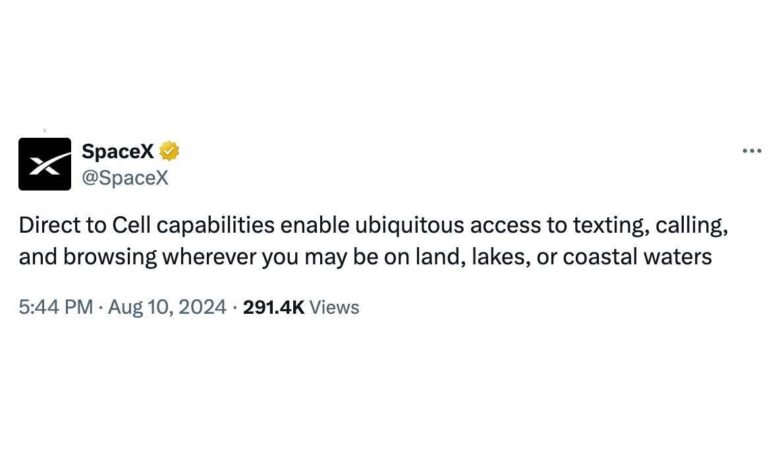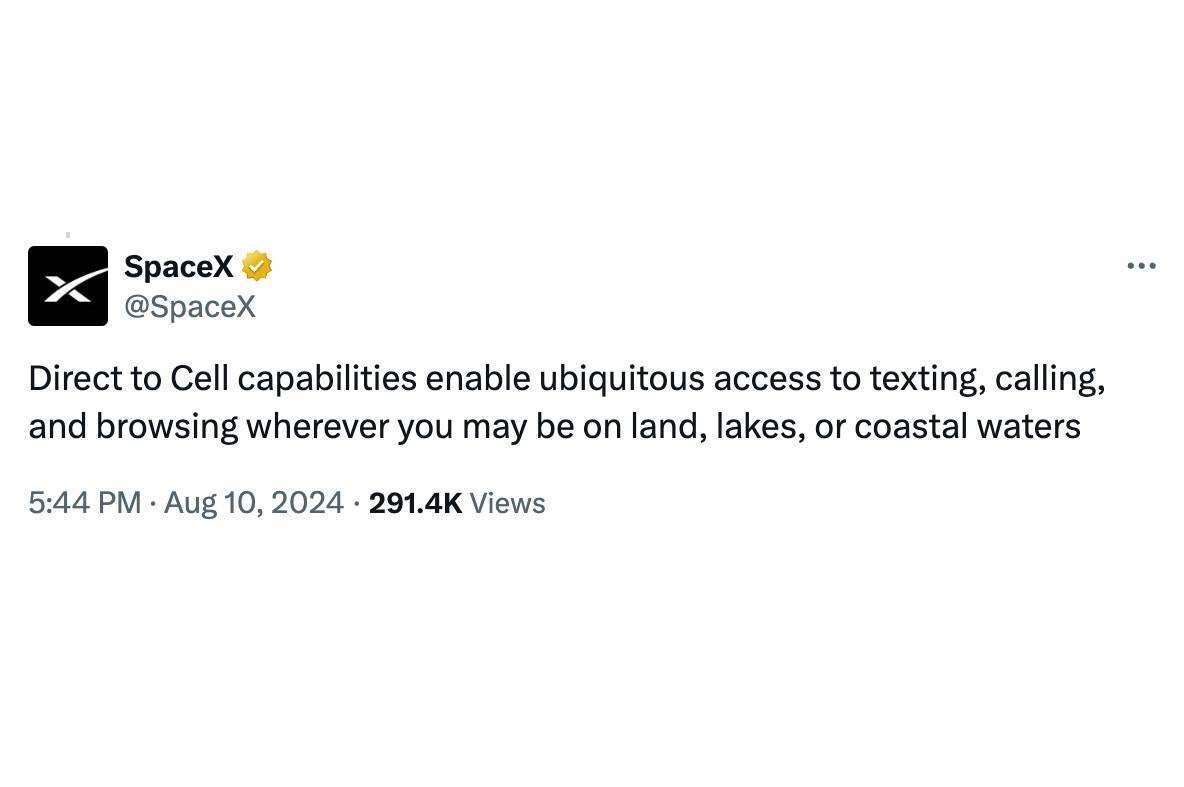T-Mobile users could be waiting a while for satellite texting as rivals unite against SpaceX

The Federal Communications Commission(FCC) envisions a future where satellite operators will deploy Supplemental Coverage from Space (SCS) to provide coverage in areas not covered by terrestrial service providers to ensure ubiquitous connectivity.
SCS has been deemed as secondary to terrestrial mobile service and satellite companies are required to ensure SCS deployment doesn’t interfere with mobile broadband networks.
SpaceX had previously requested the FCC for a waiver on the aggregate out-of-band emission (OOBE) power flux-density (PFD) limits and has suggested a ninefold increase to the current limit.
T-Mobile and SpaceX representatives met with the FCC staff on August 8 to push for prompt authorization to bring supplemental coverage from space to the US using T-Mobile‘s PCS G Block spectrum. It was argued that as a mobile operator, T-Mobile has a strong incentive to ensure out-of-band emissions (OOBE) do not cause harmful interference to network operations and is confident that SpaceX’s proposed changes would not lead to anything like that.


The two insisted that the FCC’s out-of-band emissions PFD limit “is an order of magnitude more restrictive than necessary to protect terrestrial operations adjacent to the PCS G Block.” They claim that adopting band-specific out-of-band limits would “maximize the value of supplemental coverage for consumers and first responders.”
T-Mobile and SpaceX accused their rivals of making misleading claims to delay the commercial launch and have said they are nothing more than “last-minute attempts to
block a more advanced supplemental coverage partnership.”
AT&T claims that SpaceX has failed to demonstrate that a weaker limit would not cause interference to terrestrial mobile operations. According to AT&T’s analysis, SpaceX’s proposal would cause a reduction of 18 percent in network downlink throughput and degrade the user experience. The company says that SpaceX’s proposal failed to account for real-world factors.
Verizon has also opposed SpaceX’s requests for a relaxed out-of-band PFD, arguing a new limit will fail to protect terrestrial services from SCS operations. EchoStar also submitted a proposal to say that a weaker aggregate limit would harm its 5G mobile network.
Traditional service providers aren’t the only ones standing in the way of T-Mobile and SpaceX’s Direct to Cell service. Satellite operator Omnispace has asked the FCC to deny SpaceX’s request to authorize non-conforming mobile-satellite service (MSS) downlinks to operate in the MSS uplink spectrum, arguing this would impact its operational satellites.
Source link


